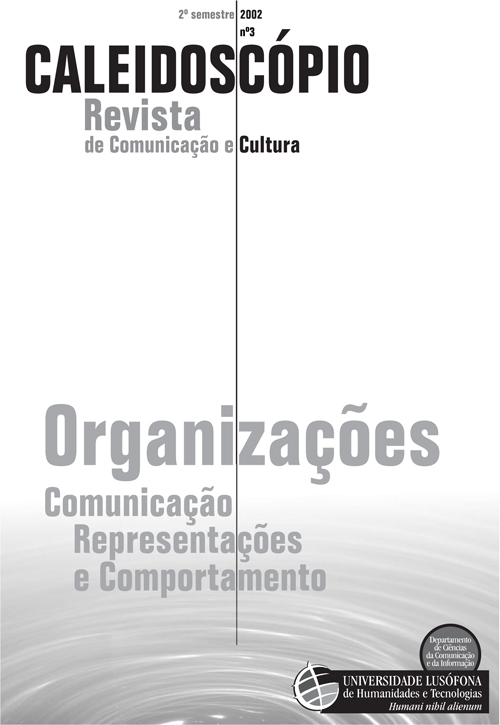Pluralismo no campo: os estudos narrativos como pesquisa interdisciplinar
Abstract
Este texto explora o pluralismo na Pesquisa Organizacional (PO) numa perspectiva disciplinar. Assume os estudos narrativos como um pluralismo teórico e metodológico que procura articular a PO e as humanidades. As abordagens narrativas são aqui apresentadas quer como bem posicionadas para conduzir a PO em direcções promissoras, quer como necessitando ainda de manter um diálogo mais amplo com a PO tradicional de modo a conseguir aquele objectivo. O artigo está estruturado em cinco secções principais: (1) um enquadramento dos estudos narrativos que os insere numa pesquisa mais vasta sobre a importância e as operações da linguagem, remontando para o efeito à filosofia do século XIX e início do século XX; (2) algumas definições de narrativa, quanto à forma e ao conteúdo, com insistência neste último; (3) uma digressão sobre a natureza interdisciplinar dos estudos narrativos, incidindo-se muito em particular na filosofia, na psicologia e na antropologia; (4) um relance sobre o contributo das abordagens narrativas para os estudos organizacionais até ao presente; (5) uma crítica das contribuições e sugestões de tendências promissoras para o futuro.Downloads
Download data is not yet available.
Issue
Section
Articles
Authors who publish with this journal agree to the following terms:
- Authors retain copyright and grant the journal right of first publication with the work simultaneously licensed under aCreative Commons Attribution License that allows others to share the work with an acknowledgement of the work's authorship and initial publication in this journal.
- Authors are able to enter into separate, additional contractual arrangements for the non-exclusive distribution of the journal's published version of the work (e.g., post it to an institutional repository or publish it in a book), with an acknowledgement of its initial publication in this journal.
- Authors are permitted and encouraged to post their work online (e.g., in institutional repositories or on their website) prior to and during the submission process, as it can lead to productive exchanges, as well as earlier and greater citation of published work (See The Effect of Open Access).


